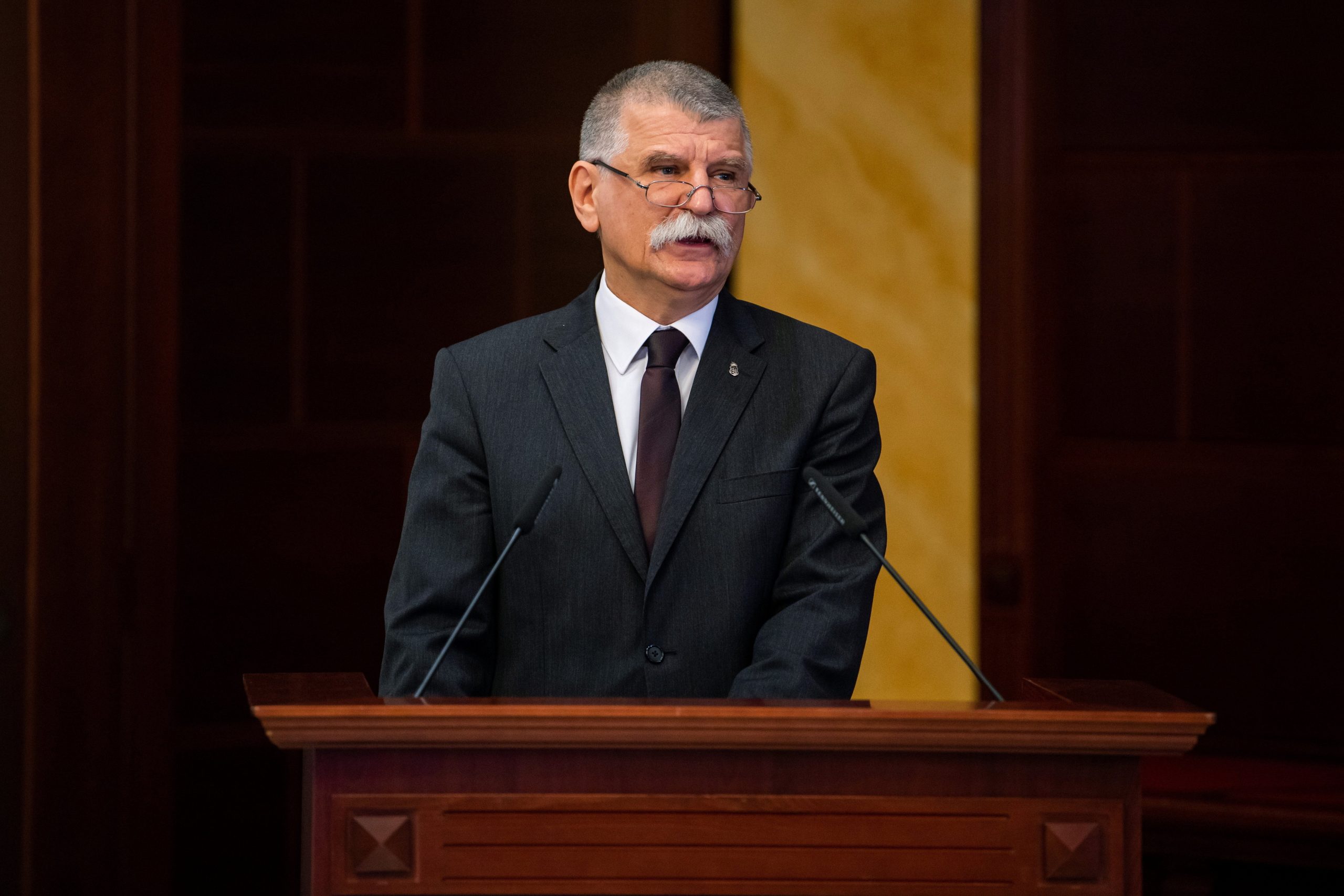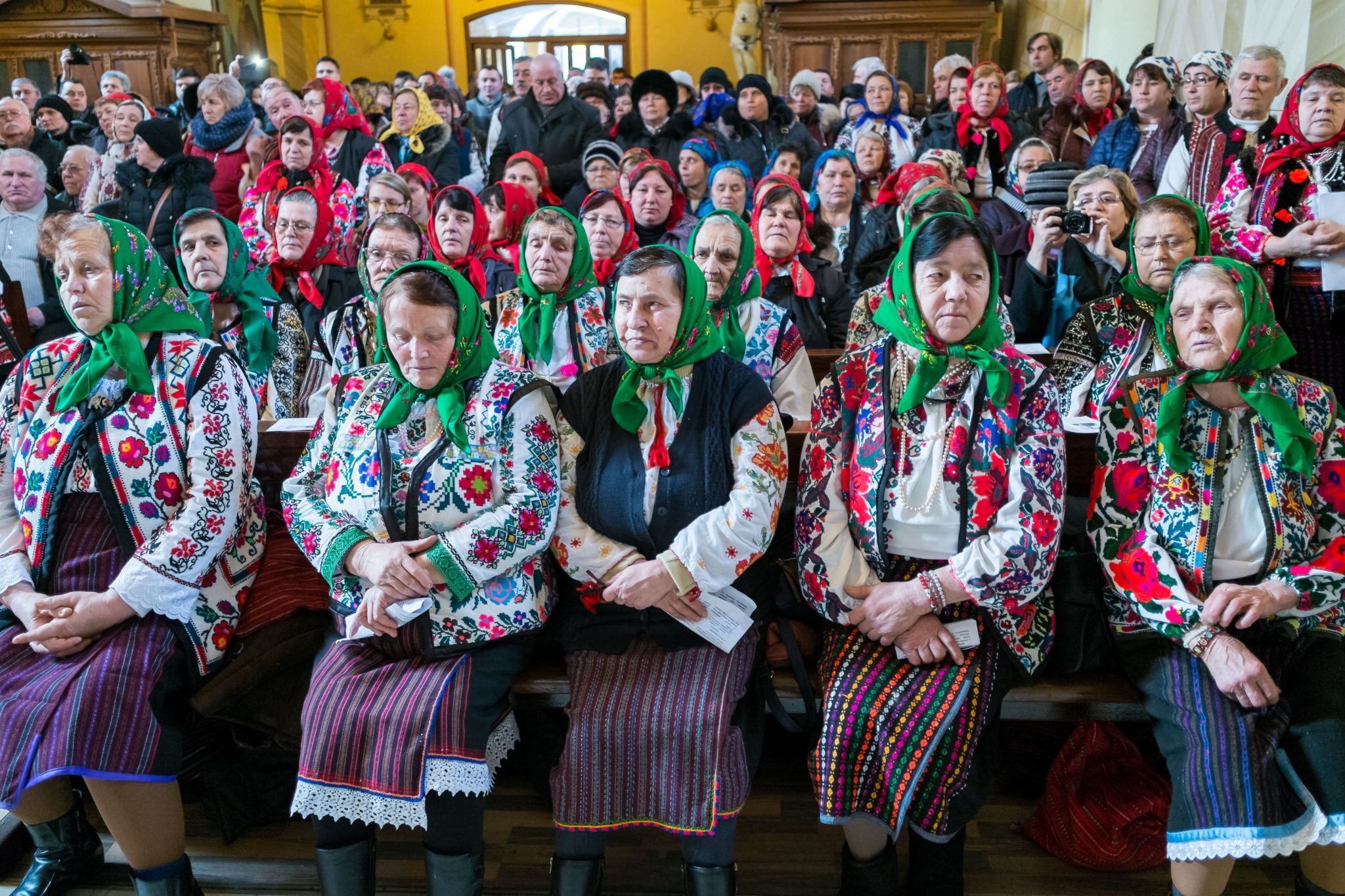
Hungarian House Speaker László Kövér on Friday inaugurated a residence hall in Romania’s Miercurea Ciuc (Csíkszereda), designed to house 56 Csango students, members of an ethnic Hungarian group in Romania’s Moldavia region.
At the ceremony opening the residence hall constructed with a grant from the Hungarian government, Kövér said the Csango minority, a 250,000-strong group of whom some 60,000 are estimated to still speak an archaic form of Hungarian, had been stripped of the “right and opportunity” to study and exercise their faith in their mother tongue.
Related article
A Generations' Dream Come True: A Hungarian Mass Was Held for the Csangos in Moldavia
At the beginning of January, the Roman Catholic Episcopate of Jászvásár (Iasi) in Romania allowed the Csángó community to have a monthly mass in Bákó (Bacău) for the first time since the change of regime. Last Sunday, the Csangos could finally enjoy a Hungarian liturgy after what was a very long struggle. So many people […]Continue reading
By restoring that right, “the feeling of national identity and belonging can be raised again into consciousness,” Kövér said.
Hungary and Hungarians in Romania’s Transylvania region have a duty to “help restore the soul of their Csango brothers,” Kövér said.
The restoration of mother-tongue education started in the city of Miercurea Ciuc in 1990 as Csango students were integrated into Hungarian-speaking education there, Kövér said.
The House Speaker said he hoped that the residence hall would become a model institution and serve as inspiration for similar facilities in other cities.
Kövér also delivered five portable ventilators to the Harghita County emergency hospital in Miercurea Ciuc, to be used while transporting coronavirus patients to the hospital. Kövér called on the Szekler community to accept the vaccine. “There are risks to taking the vaccine, but they dwarf in comparison to the risks of not being vaccinated,” he said.
Featured photo by Zoltán Balogh/MTI

